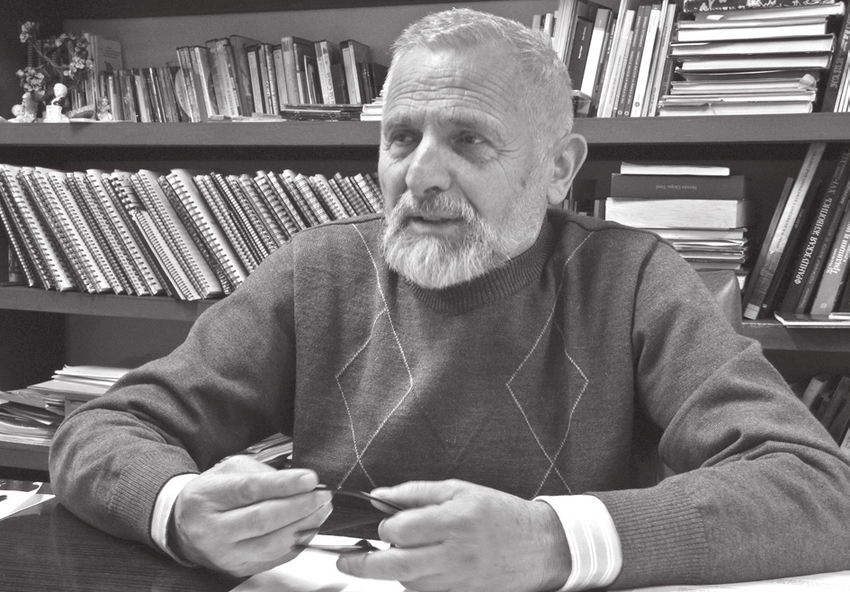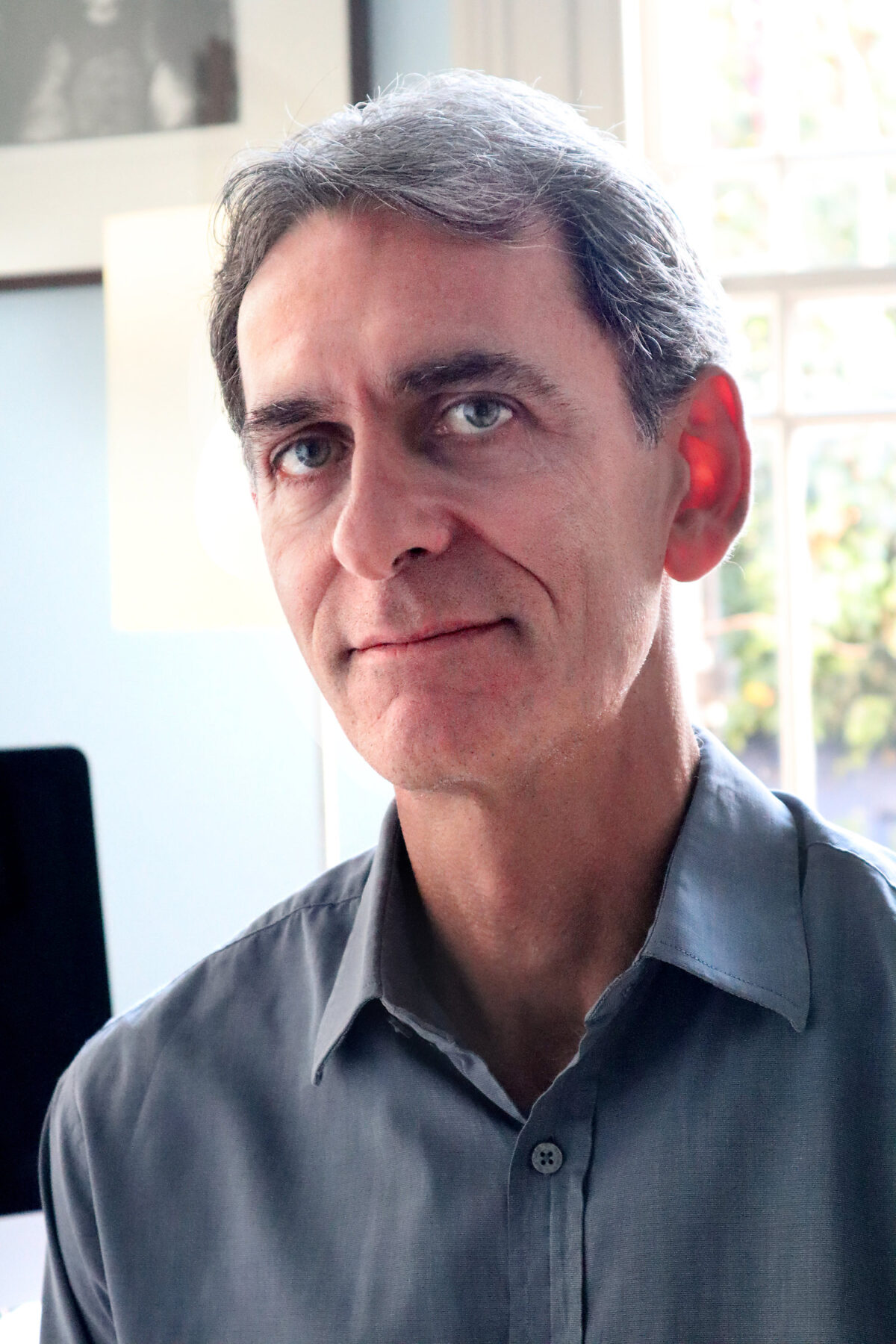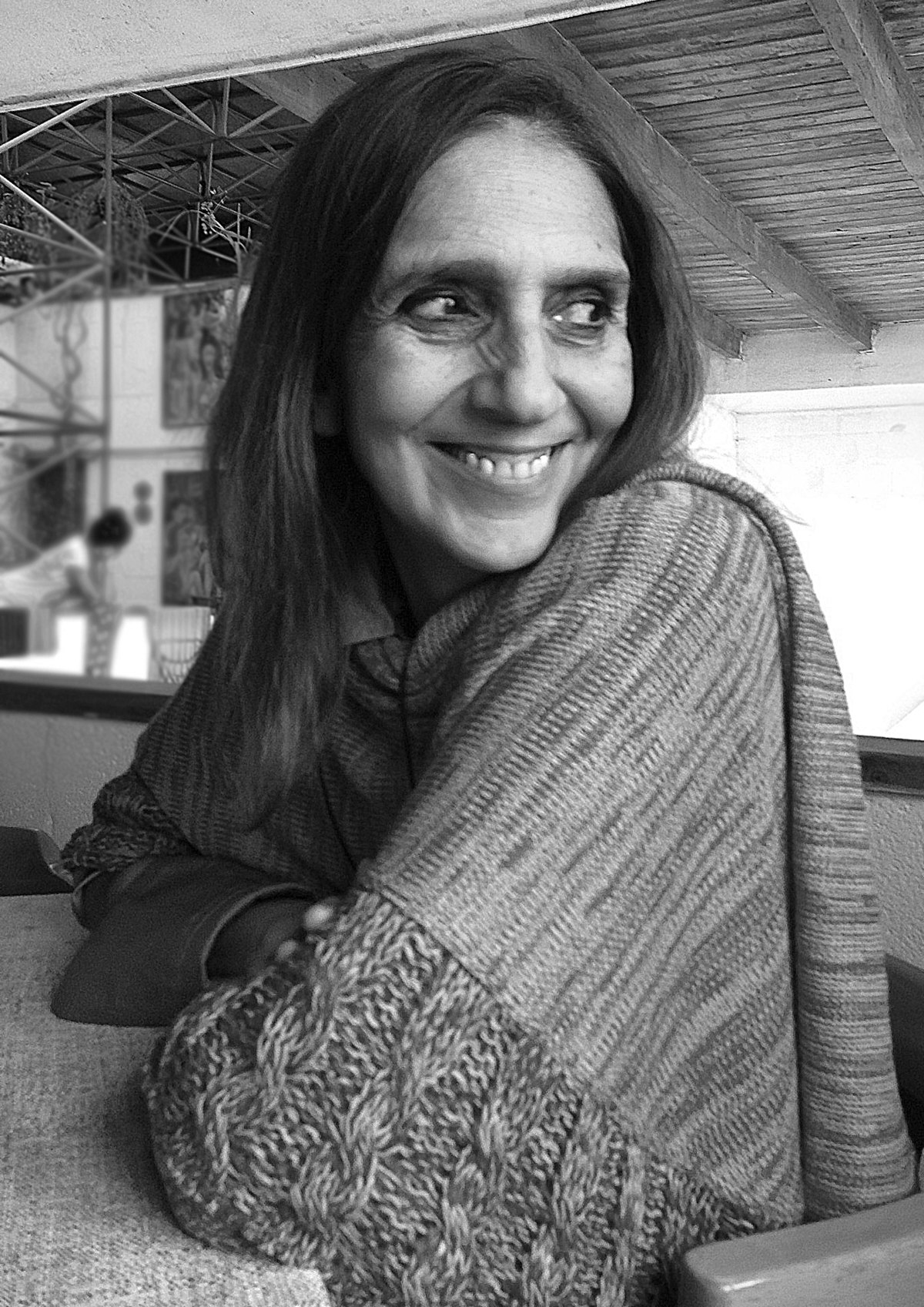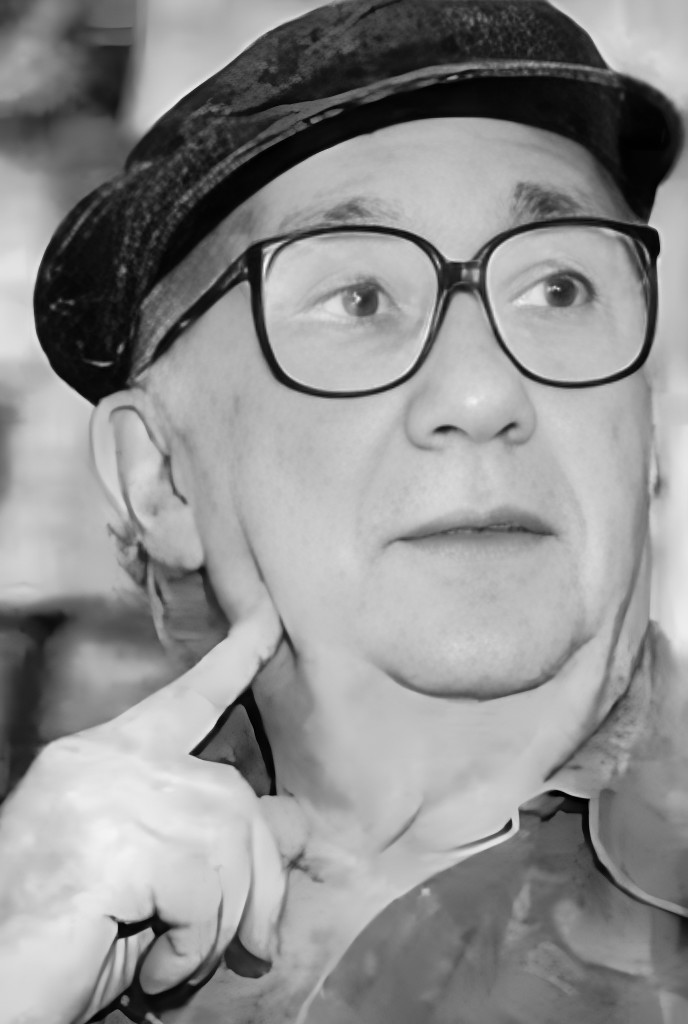Juan Bottasso Boetti (Poveragno, Italy, September 27, 1936 – Quito, Ecuador, December 27, 2019) was an Italian missionary, anthropologist, and prolific author. As a Salesian priest, he dedicated much of his life to working with Ecuador’s indigenous Shuar people, advocating for the preservation of their culture and identity. He founded Editorial Abya Yala, which became a major platform for publishing works on indigenous cultures and environmental issues in Latin America. Bottasso also established the Institute of Applied Anthropology and was known for his extensive writings on mission studies and indigenous rights, becoming a leading figure in Ecuadorian anthropology.
Continue reading “Juan Bottasso Boetti”Category: Writers from other countries who wrote about Ecuador
Mark Honigsbaum
Mark Honigsbaum (London, 1960) is an esteemed journalist and historian, renowned for his exploration into the historical and contemporary implications of infectious diseases. His connection to Ecuadorian literature comes through his riveting book, “Valverde’s Gold: In Search of the Last Great Inca Treasure” (2004), a work that delves into the heart of Ecuador’s Llanganati National Park in search of the last great hoard of Inca gold. This book not only captures the imagination with its tale of adventure and pursuit but also firmly anchors Honigsbaum’s contribution to literature related to Ecuador.
Continue reading “Mark Honigsbaum”Linda Alexander Rodríguez
Linda Alexander Rodríguez (July 21, 1943) is an accomplished American historian and academic, recognized for her deep engagement with Latin American history, particularly focusing on its economic and military aspects. Born in Texas, Rodríguez earned her B.A. in Economics and History from the University of Texas, Austin in 1968, followed by a Master’s in Latin American Studies in 1972, and a Ph.D. in History from the University of California, Los Angeles. Her notable academic career includes serving as a professor at the University of California in Riverside (1976-1978) and at UCLA (1981-2003), where she also coordinated and later assisted in directing the Center for Latin American Studies. Rodríguez has made significant contributions to the understanding of Ecuador’s historical development, as evidenced in her works like “Rank and Privilege: The Military and Society in Latin America” and “The Search for Public Policy: Regional Politics and Government Finances in Ecuador, 1830–1940.” Her insights into the dynamics of the Ecuadorian Liberal Revolution and its fiscal policies have been particularly influential. A member of the National Academy of History of Ecuador since 2014, Rodríguez’s scholarly work continues to illuminate the complex interplay of politics and economics in Latin America.
Continue reading “Linda Alexander Rodríguez”Evelia Peralta
Evelia Peralta (Tucumán, Argentina, 1941) is a notable Argentine-born architect who stands as a trailblazer in the world of architecture and urban planning in Ecuador. Her extensive contributions encompass academia, urban development, and architectural publications. Peralta co-authored several influential books that have become foundational references in understanding Ecuadorian architecture. Among these works, the “Architectural Guide to Quito,” a collaborative effort with Rolando Moya and Pablo Moreira, offers profound insights into the cultural and historical significance of Quito’s architectural treasures. Additionally, her book “Quito: Cultural Heritage of Humanity” and “Landscape Architecture: Quito, Concepts, and Designs” showcase her dedication to preserving Ecuador’s architectural heritage while embracing innovative design concepts. Evelia Peralta’s tireless efforts have made her a key figure in promoting Ecuadorian architecture, leaving an indelible mark on the nation’s urban landscape and architectural discourse.
Continue reading “Evelia Peralta”Paulo de Carvalho Neto
Paulo de Carvalho Neto (Simão Dias, Sergipe, Brazil, September 10, 1923 – Rio de Janeiro, August 17, 2003) was a Brazilian anthropologist, ethnologist, folklorist, writer, novelist, and essayist. Because of his research and study of oral traditions in Ecuador and other countries he is considered the progenitor of “folklore” as a field of study in Latin America. He lived outside of Brazil for many years, including Paraguay, Uruguay, Chile, Ecuador (for 6 years), and the United States (for 17 years) where he taught at UCLA. In January 1960 he was appointed Cultural Attaché of the Brazilian embassy in Quito, Ecuador’s capital with the mission of organizing a Center for Brazilian Studies there. He collaborated with Benjamín Carrión of the House of Ecuadorian Culture (CCE), and together with poet Jorge Enrique Adoum and artist Oswaldo Guayasamín founded the Ecuadorian Institute of Folklore. He taught classes at the Faculty of Philosophy and Literature of the Central University of Ecuador. He also co-founded, and directed, the Revista del Folklore Ecuatoriano [Ecuadorian Folklore Magazine], published by the House of Ecuadorian Culture. Several of his books on folklore theory, including “The Concept of Folklore” and “Folklore and Psychoanalysis” were translated into English by Jacques M.P. Wilson and published by University of Miami Press in the late 60’s and early 70’s. In 1972, he published a neo-Indiginest novel entitled, “Mi Tío Atahualpa” [My Uncle Atahualpa], about the Ecuadorian Indians in the highlands of Quito, which has been translated into Portuguese, Finnish, German, and Dutch.
Continue reading “Paulo de Carvalho Neto”



